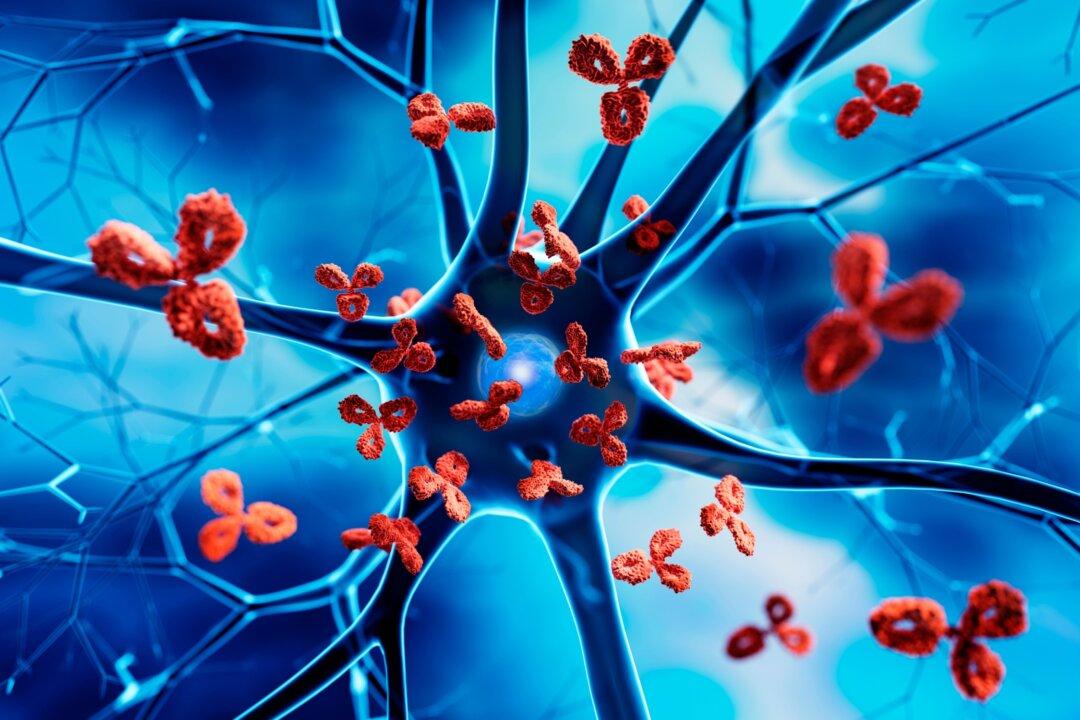I have seen one clinical pearl repeatedly stand out in my 20 years of treating patients with highly complex and chronic autoimmune conditions. Those who plan their self-care fare better than those who don’t. While this insight is centered on those facing illness, the observations that follow have universal value.
When you have a chronic health or autoimmune condition, such as Hashimoto’s hypothyroidism, multiple sclerosis, or rheumatoid arthritis, feeling better comes from staying one step ahead of your immune imbalance—no matter how small that step may be. The autoimmune and chronically ill patient must navigate the minefields of immune triggers in the world and learn through trial and error what can send them into a relapse.






